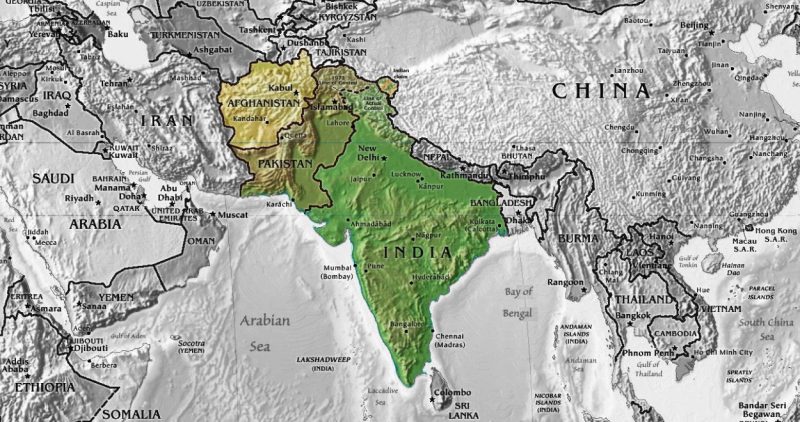In the midst of India’s concerns regarding the Taliban’s rule in Afghanistan potentially facilitating anti-Indian activities, the insurgent group has made a surprising statement, asserting its right to advocate for Muslims around the world, including those in Kashmir. These remarks signal a departure from the Taliban’s earlier stance on the Kashmir issue, which it characterized shortly after seizing control as a “bilateral and … internal matter.”
“We have this right, being Muslims, to raise our voice for Muslims in Kashmir, India, and any other country,” Taliban spokesperson Suhail Shaheen said in an interview with B.B.C. Urdu. “We will raise our voice and say that Muslims are your own people, your own citizens. They are entitled to equal rights under your laws.”
The group clarified that it does not endorse the use of violence against any country, but India’s Ministry of External Affairs (M.E.A.) responded swiftly nonetheless, emphasizing its primary objective of preventing Afghanistan’s territory from being used as a base for any form of terrorism.
In a significant diplomatic move, Indian Ambassador to Qatar, Deepak Mittal, engaged in a formal and publicly acknowledged dialogue with senior Taliban leader Sher Mohammad Abbas Stanekzai. During the meeting, India conveyed its concerns regarding the potential use of Afghan soil for anti-Indian activities and terrorism. The M.E.A. stated that discussions also centered on ensuring the safety, security, and prompt repatriation of Indian nationals stranded in Afghanistan, as well as facilitating the travel of Afghan nationals, particularly members of minority communities, to India.
India’s apprehensions stem from the fear that Afghanistan could become a breeding ground for Islamic terrorism, presenting a unique scenario where terrorism is supported by a state. While groups like ISIS and Al Qaeda have previously attempted to establish such states, their efforts have failed. There is now a growing concern that Sunni and Wahabi extremist organizations could find refuge within the Taliban’s rule.
In response to these concerns, India is expected to intensify security measures in Jammu and Kashmir, a region that has long experienced tension and sporadic violence. Government sources have indicated that while there will be heightened security vigilance in Kashmir, the situation remains under control. Furthermore, they suggest that Pakistan-based groups operating in Afghanistan lack the capability to exploit the situation fully.
Government insiders also pointed out that Pakistan’s intelligence agency, I.S.I., which has cultivated close ties with the Taliban leadership, may seek to exert influence over the group. However, they believe that the Taliban, now in a position of strength, is less susceptible to external manipulation, as only weaker factions within the group might be swayed by I.S.I.’s influence.
Adding another layer of complexity to the situation, a leader of Pakistan’s ruling Pakistan Tehreek-e-Insaf (P.T.I.) government recently stated that the Taliban would assist Pakistan in “liberating” Kashmir from India. Neelam Irshad Sheikh, speaking during a television news debate, claimed, “Taliban have said that they are with us and they will help us in [liberating] Kashmir.”
As the situation evolves, the Taliban’s statement of intent to advocate for Kashmiri Muslims continues to raise concerns in India. While the group emphasized its supposedly non-violent approach, India remains vigilant and cautious, with a keen focus on safeguarding its national security interests and ensuring its citizens’ wellbeing. The nation is likely to continue closely monitoring Afghanistan’s complex geopolitical dynamics and its impact on the region’s security to prevent it from becoming a safe haven for anti-Indian interests.


